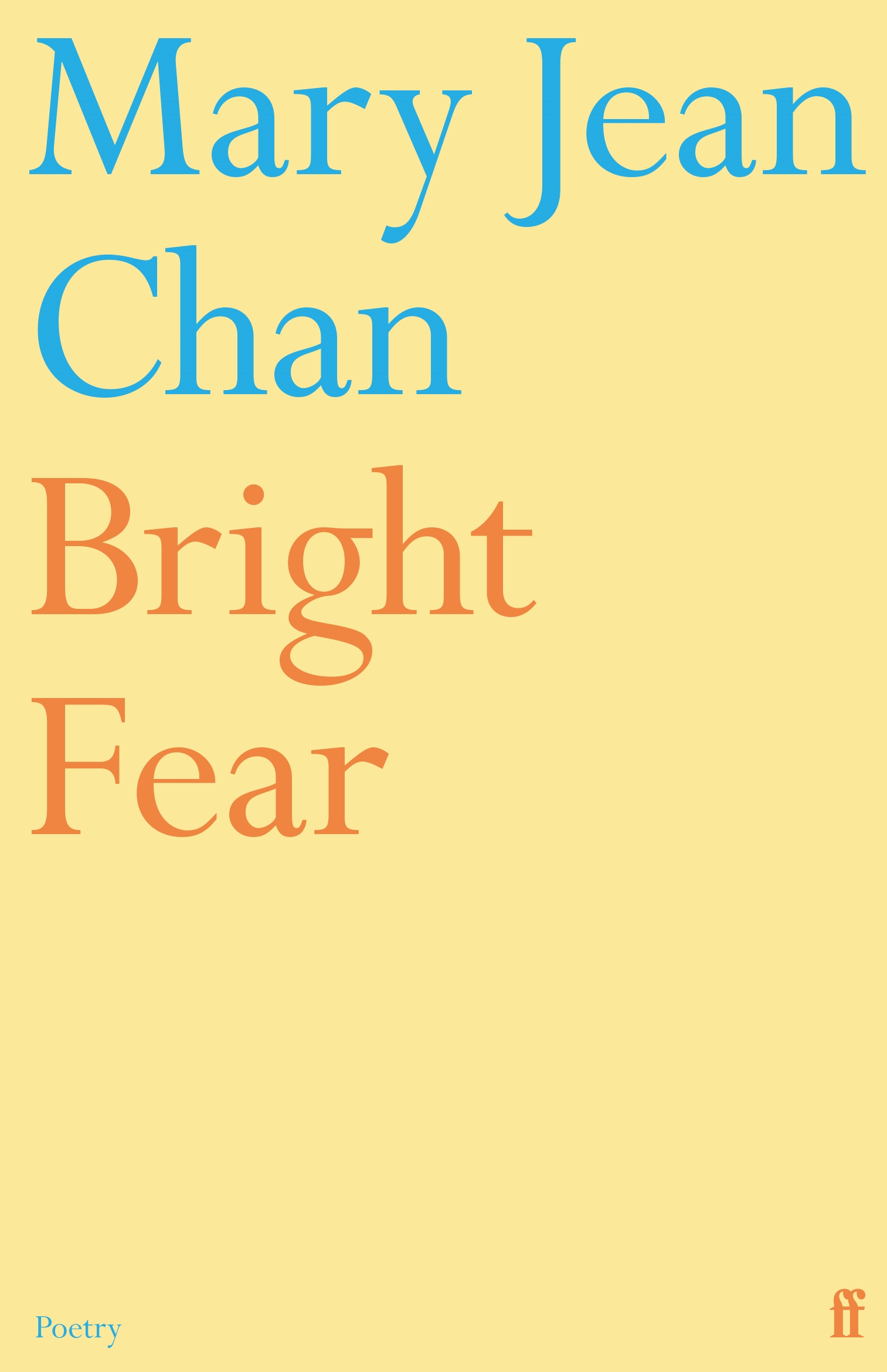What do you think?
Rate this book


72 pages, Paperback
First published August 3, 2023
вҖңAt times, English feels like the best kind of evening light. On other days, English becomes something harder, like a white shield.вҖ� (from вҖңIn the Beginning Was the WordвҖ�)
вҖңmy Chinese / face struck like the glow of a torch on a white question: / why is your English so good, the compliment uncertain / of itself.вҖ� (from вҖңSestinaвҖ�)
вҖңWhat my mother taught me was how
to revere the light language emitted.вҖ�
вҖңHome, my therapist suggests, is where
you donвҖҷt have to explain yourself.вҖ�
вҖҳDo you want to be liked or seen? вҖ”Each year, I migrate between cities and selves. How a familiar voice can make one weep. For my thirty-first, a close friend translated a poem of mine into FrenchвҖ”so I surrender to the sensation of being translated, and therefore seen.вҖ�
вҖҳPlants without roots wither in rain, my mother tells me in a text message. This is a translation, the way I understand my mother in three languages. For over a decade, I have taken what I could bear from the source text and discarded the rest. What do you miss most about HK? A childhood friend asks. Cantonese, I say. How it sounds like summer rain.вҖ� вҖ� from вҖҳHow It Must Be SaidвҖ�
вҖҳWassily KandinskyвҖҷs Several Circles,
a form he saw as the synthesis
of the greatest oppositions.
When I couldnвҖҷt sleep or wake,
I was saved by geometryвҖ� вҖ� from вҖҳCirclesвҖ�
вҖҳвҖ”The uncertainty of existing in a historically white space was always going to haunt me in this gleaming city, where I begin to know myself. What do you see? Why does it matter? A Chinese word I learnt as a child, еҝ�, means to endure, his question like a blade hovering over a heart. Years go by.вҖ� вҖ� from вҖҳSestinaвҖ�
вҖҳDear reader, how often are you tempted
to infidelity with words: those curious
shapes that simply demand you listen?
Offer a translation your life can bear.вҖ� вҖ� from (Ars Poetica) вҖҳXIвҖ�
Love for the Living
What does it mean to want to live? Only this:
to refuse to see the mouth's anguish as a sign
to step out of an open window. To refuse to be
thirty and afraid of leaving one city for another.
[...] What is it like to believe the years are not
a life sentence for bodies like yours? Like this:
a spiral of rainbow bunting sprung like relief
across a lit sky.
VIII
Perhaps poetry is nothing
but a struggle to translate
the weight of flesh against
bone into syllables that
sound the shape
of things:
leaf
light
tree
sky
the fact
of your face,
beautiful like breath.